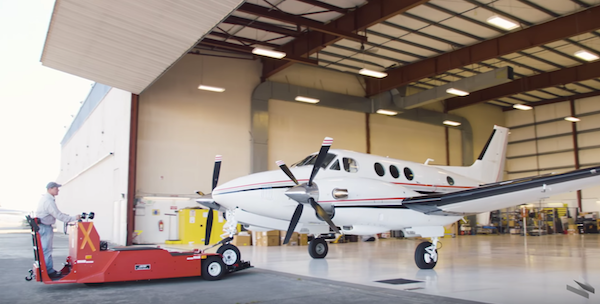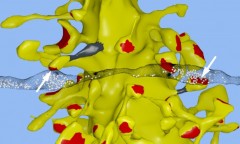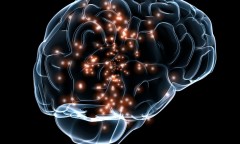By Vishal Goel, | November 20, 2016

The six-seat Beechcraft King Air C90 mind-controlled plane. (YouTube)
The USA's Honeywell Aerospace has modified a plane to enable it to be operated solely by the human brain. The pilot wears a neurotransmitting elastic cap over his head which houses 32 electrodes and maneuvers the plane by focusing on the direction symbols on a screen in front of him. The brain's electrical activity is transmitted to the plane's control system.
Like Us on Facebook
The success of the project comes after 12 years of research by neuroscientists and engineers at Honeywell Aerospace. The mind-controlled plane, a six-seat Beechcraft King Air C90, was test driven by WIRED's Jack Stewart under the guidance of a real pilot.
Honeywell inserted a brain-computer interface into this plane. The system interprets patterns of electrical activity in the brain, looking for certain signals or patterns that are easy to produce after minutes of training. Those patterns translate to commands to climb or go sideways or drop. The iPad-sized screen has arrows for up, down, left, and right, plus a level flight indicator in the center. A green box randomly flashes around each command, one at a time. When the box surrounds the command in question, the brain creates an electrical signal called an event-related potential.
It is quite difficult to focus in the noisy, crowded, stressful environment of a small cockpit. There is air traffic control squawking in the ears, sunlight glinting off the gauges, propeller noise, and the disconcerting knowledge of the current bizarre situation.
Santosh Mathan, a neurotechnology researcher who invented this system, says his research could help in the cockpit, however. Pilots will not fly by focusing on commands on a screen, but they might use the technology while reading through a checklist or zooming in on a map or flicking switches for distracting noncritical tasks. This would keep their hands free for other things.
Mathan said that his system builds on previous research into keeping pilots engaged and attentive. This work could help create more robust technologies to monitor cognitive states that might affect pilots. The same could apply to drivers, particularly of increasingly automated cars.
-
Use of Coronavirus Pandemic Drones Raises Privacy Concerns: Drones Spread Fear, Local Officials Say

-
Coronavirus Hampers The Delivery Of Lockheed Martin F-35 Stealth Fighters For 2020

-
Instagram Speeds Up Plans to Add Account Memorialization Feature Due to COVID-19 Deaths

-
NASA: Perseverance Plans to Bring 'Mars Rock' to Earth in 2031

-
600 Dead And 3,000 In The Hospital as Iranians Believed Drinking High-Concentrations of Alcohol Can Cure The Coronavirus

-
600 Dead And 3,000 In The Hospital as Iranians Believed Drinking High-Concentrations of Alcohol Can Cure The Coronavirus

-
COVID-19: Doctors, Nurses Use Virtual Reality to Learn New Skills in Treating Coronavirus Patients











